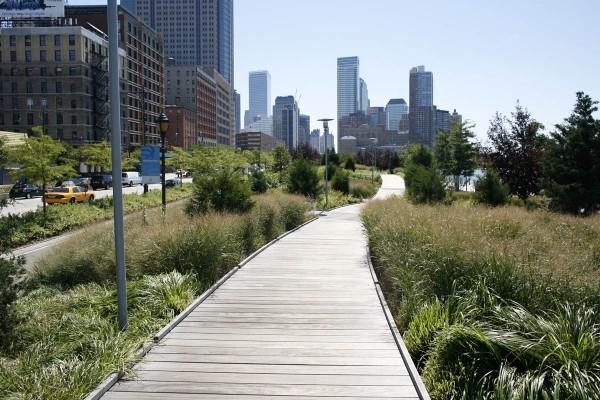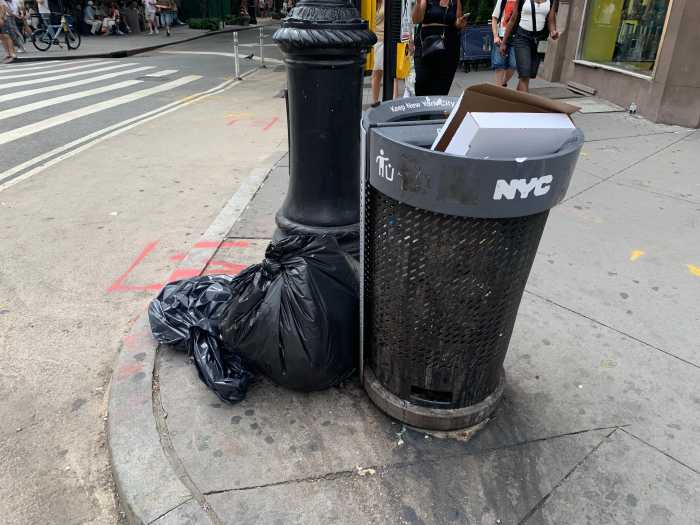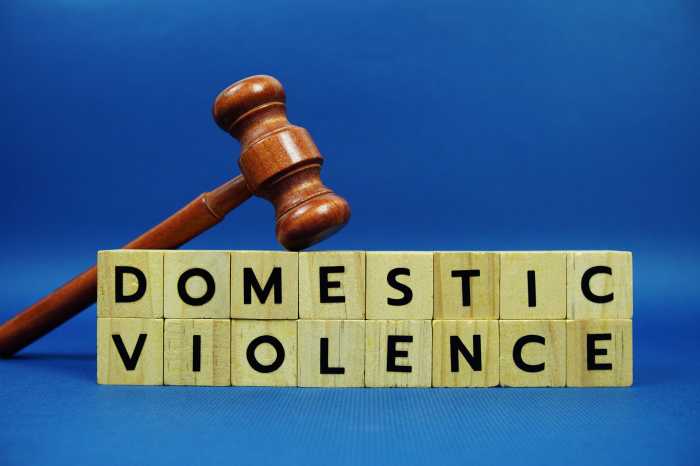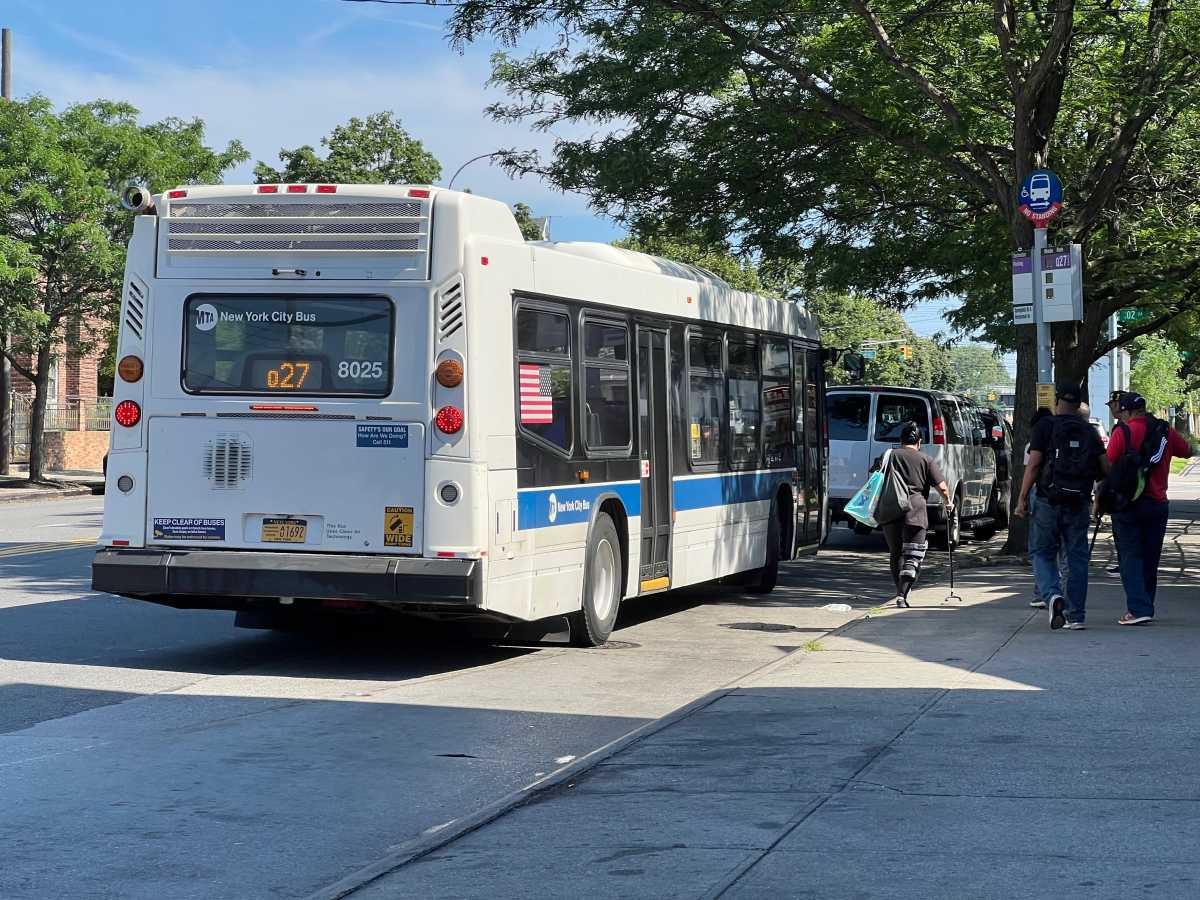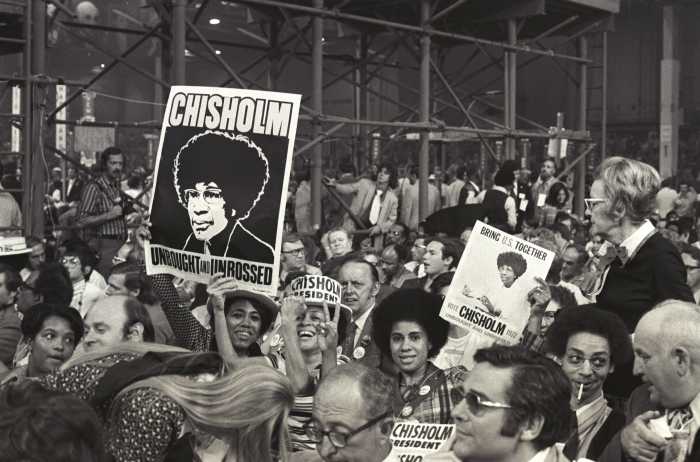BY MADELYN WILS | As a longtime resident of Tribeca and someone who has been involved with Hudson River Park since it was just an idea, this park has been a godsend for my children, my neighbors and the entire West Side.
Now, as president of Hudson River Park, it is my job to make sure the park fulfills its promise as an inspiring public space by figuring out ways to grow, maintain and nurture it for generations to come.
The New York State Legislature’s recent passage of the Hudson River Park Act amendment has created a number of opportunities to help us do this. What currently seems to be getting the most attention is a provision allowing the park to transfer a yet-to-be-determined number of air rights across the West Side Highway to generate much-needed revenue.
In supporting this approach, which has many precedents across the city, lawmakers recognize the importance of the park to our community, as well as the predicament in which we currently find ourselves. The park was conceived more than 15 years ago as a self-sustaining entity that would generate revenue from its commercial piers for its operations, rather than receive public funding. However, the condition of Pier 40, community desire for less development within the park, and other factors have prevented this from happening.
As is now well known throughout the community, significantly more revenue is needed to complete construction of remaining public areas and to maintain the entire park into the future.
At the same time, we understand the fear that the idea of transferring air rights is a harbinger of future development.
We do not believe that is the case. Instead, it is a chance for the park finally to benefit from whatever development does take place — and as we have all seen since the first section opened in Greenwich Village 10 years ago, billions of dollars in development has and will continue to occur across from the park. Although the park has greatly contributed to the West Side’s transformation, the park has received no financial benefit.
Though the legislation would allow for the transfer of air rights one block east of the park, it only allows this to happen through a very public city zoning process. This means once the state legislation is signed into law, the park will still have no air rights to transfer until a lengthy land use review process is completed. That will include review by the community boards and the borough president and City Council approval. This process will likely take at least two years.
That is why over the past several months, the Hudson River Park Trust has met with community boards, neighborhood associations, local elected officials and others with a stake in our communities to commit to an open and transparent process. Though we have no formal role in next week’s Greenwich Village Society for Historic Preservation forum, we will of course attend to listen and, if asked, clarify the facts.
Hudson River Park’s mandate focuses solely on ensuring the park is completed and well maintained. Decisions about where any future air rights may be created or used remain with the city and its Department of City Planning. At the successful completion of the land use review process, only then will it be possible to transfer a prescribed amount of development rights. The process will dictate in detail where the air rights in the park may be transferred from and which areas of the park will benefit from any new resources created.
History clearly indicates that every advancement at Hudson River Park was born out of a shared process between the community and government. Without an extensive and collaborative process, efforts fail. The same is true now. If some development rights can be transferred off the park’s designated commercial piers, that will reduce development in the park and may be an elegant solution to helping complete and care for the park.
We understand the concern about overdevelopment being expressed in some parts of the community. But because the park and our communities should support each other, we ask that we work together constructively as planning proceeds and avoid being led down roads where facts do not matter.
A strong public process is what created this unique public space that has made our communities more livable. The same commitment to collaboration and transparency will ensure we can save it.
Wils is president and C.E.O., Hudson River Park Trust, and former chairperson, Community Board 1



